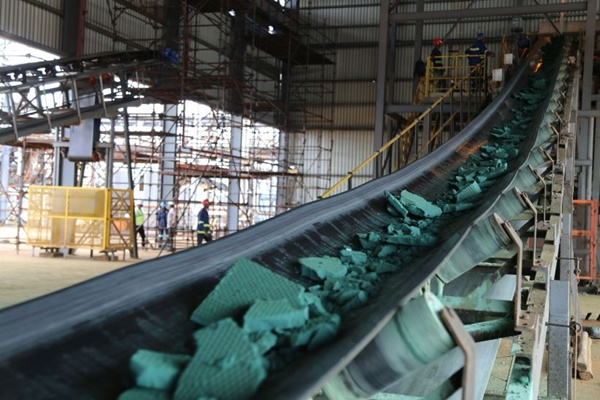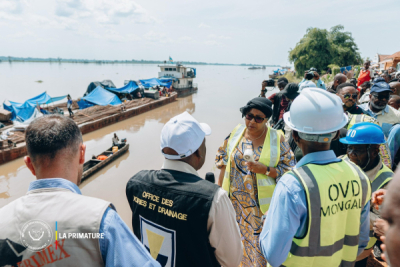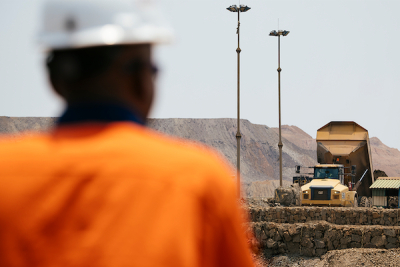At the 46th meeting of the Council of Ministers on June 6, 2025, the Democratic Republic of Congo (DRC) government adopted two significant bills in the industrial sector. The first revises the 2017 law on subcontracting in the private sector, while the second establishes, for the first time, a comprehensive legal framework on local content. Both aim to better integrate Congolese businesses and workers into national value chains, especially in strategic sectors like mining, energy, and agro-industry.
This initiative addresses the ongoing challenge of anchoring processing, subcontracting, and industrial services locally in an economy still heavily reliant on raw material exports.
The revised subcontracting law clarifies key concepts and reaffirms the central role of the Autorité de régulation de la sous-traitance dans le secteur privé (ARSP). It confirms that subcontracting activities are reserved exclusively for companies with majority Congolese ownership, managed and promoted by nationals, while also defining exceptions to this rule. The law introduces a dispute resolution mechanism and a system of graduated sanctions—administrative, financial, and criminal—to enforce compliance.
The new local content law imposes specific obligations on both the State and private companies, formalized through a national local content plan. This plan will outline mechanisms for training, technology transfer, and skill development to strengthen Congolese participation in key sectors. Its goal is to help local SMEs advance up the value chain and ensure their involvement at all stages—from exploration to ancillary services. The law also provides incentives for compliant companies and penalties for offenders, including administrative, financial, and criminal sanctions.
In 2024, the ARSP estimated that $8.5 billion in value was lost locally due to non-compliance with subcontracting rules reserved for Congolese firms. Several multinational mining companies were reprimanded, underscoring the urgent need for a more coherent and enforceable legal framework to protect and promote local economic interests.
Boaz Kabeya (intern)










